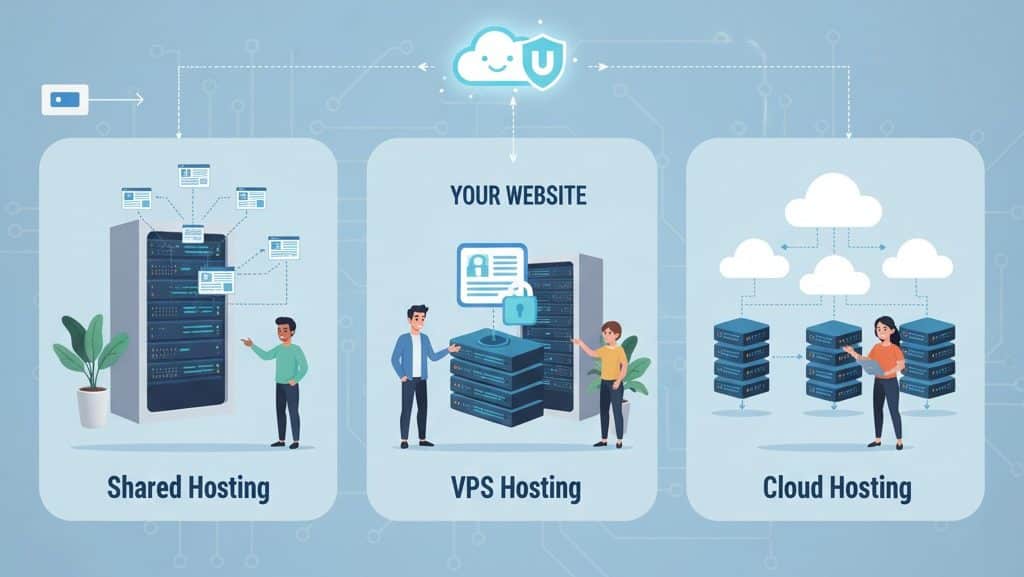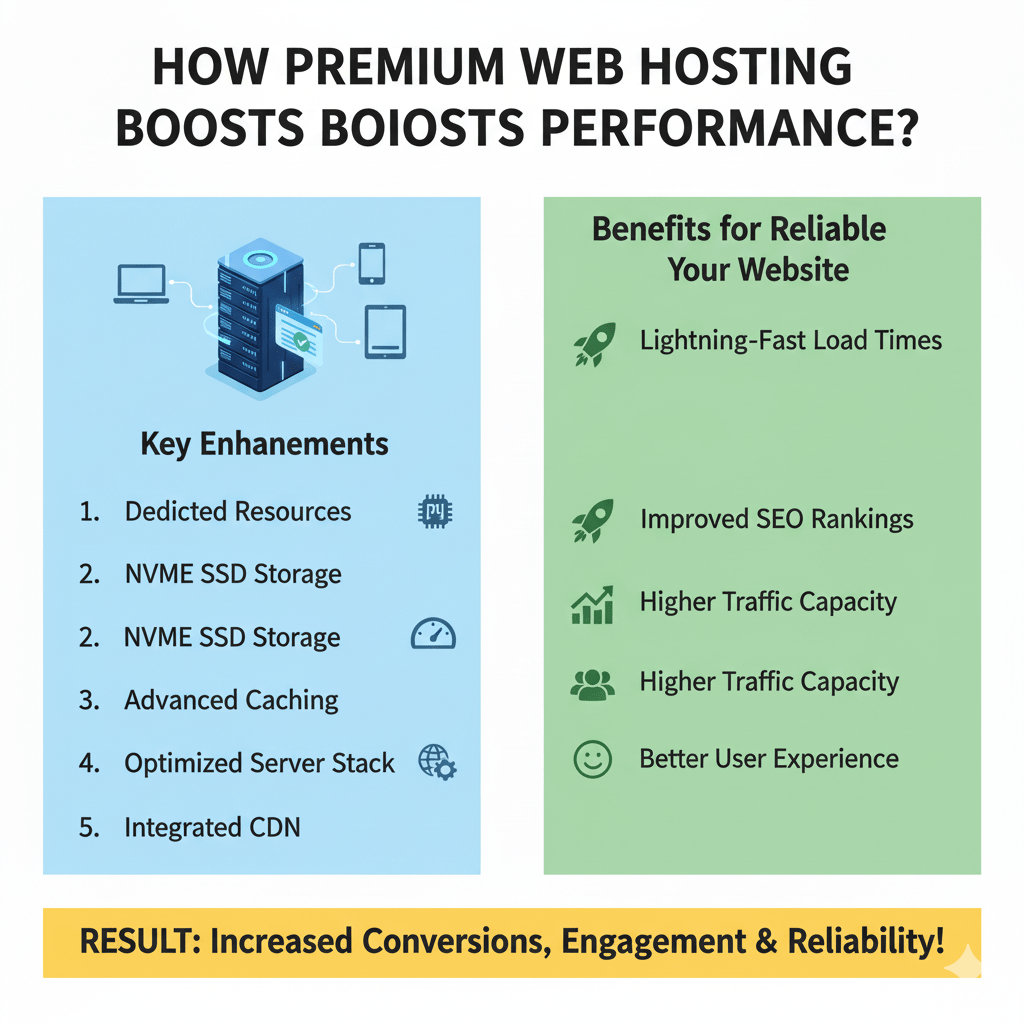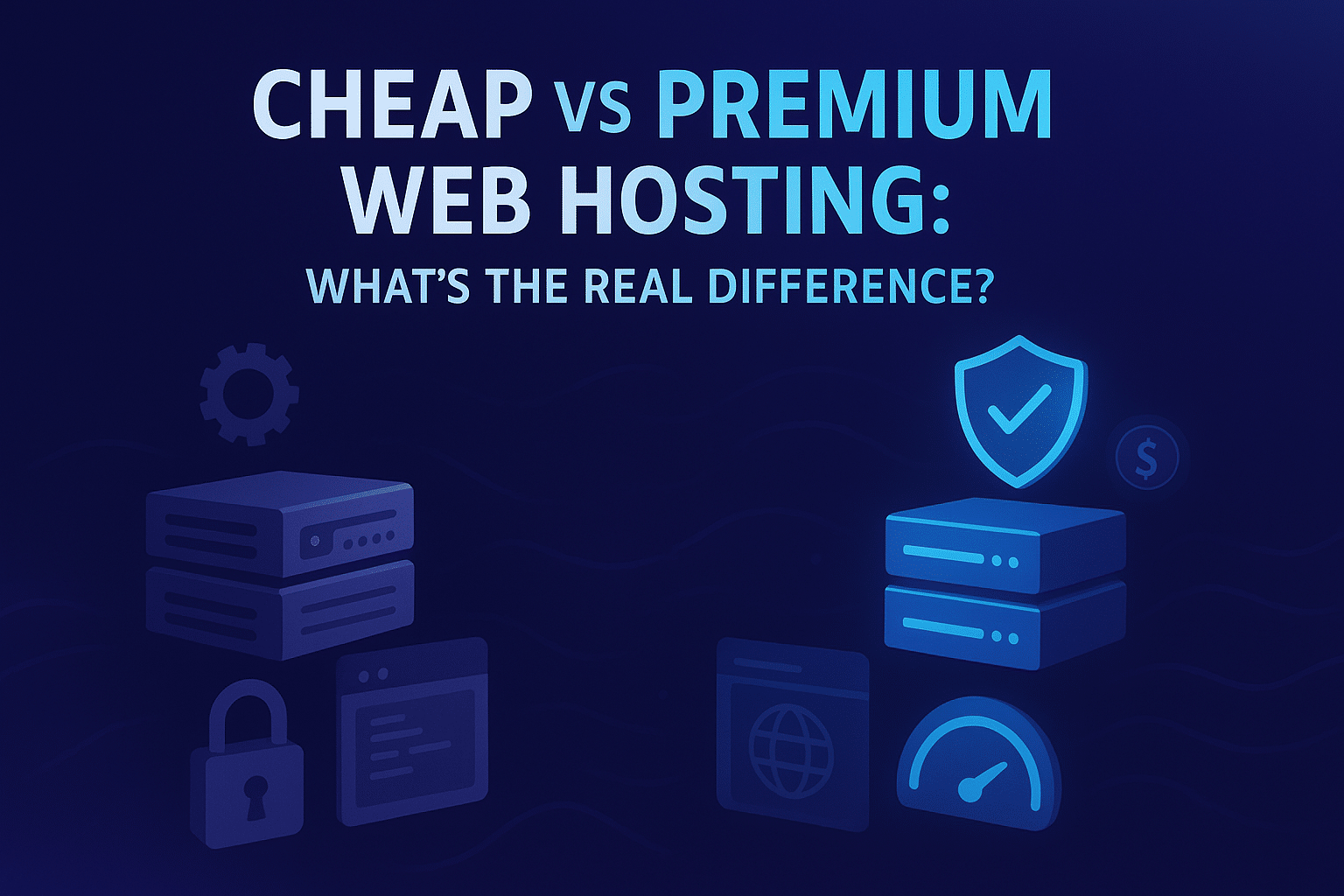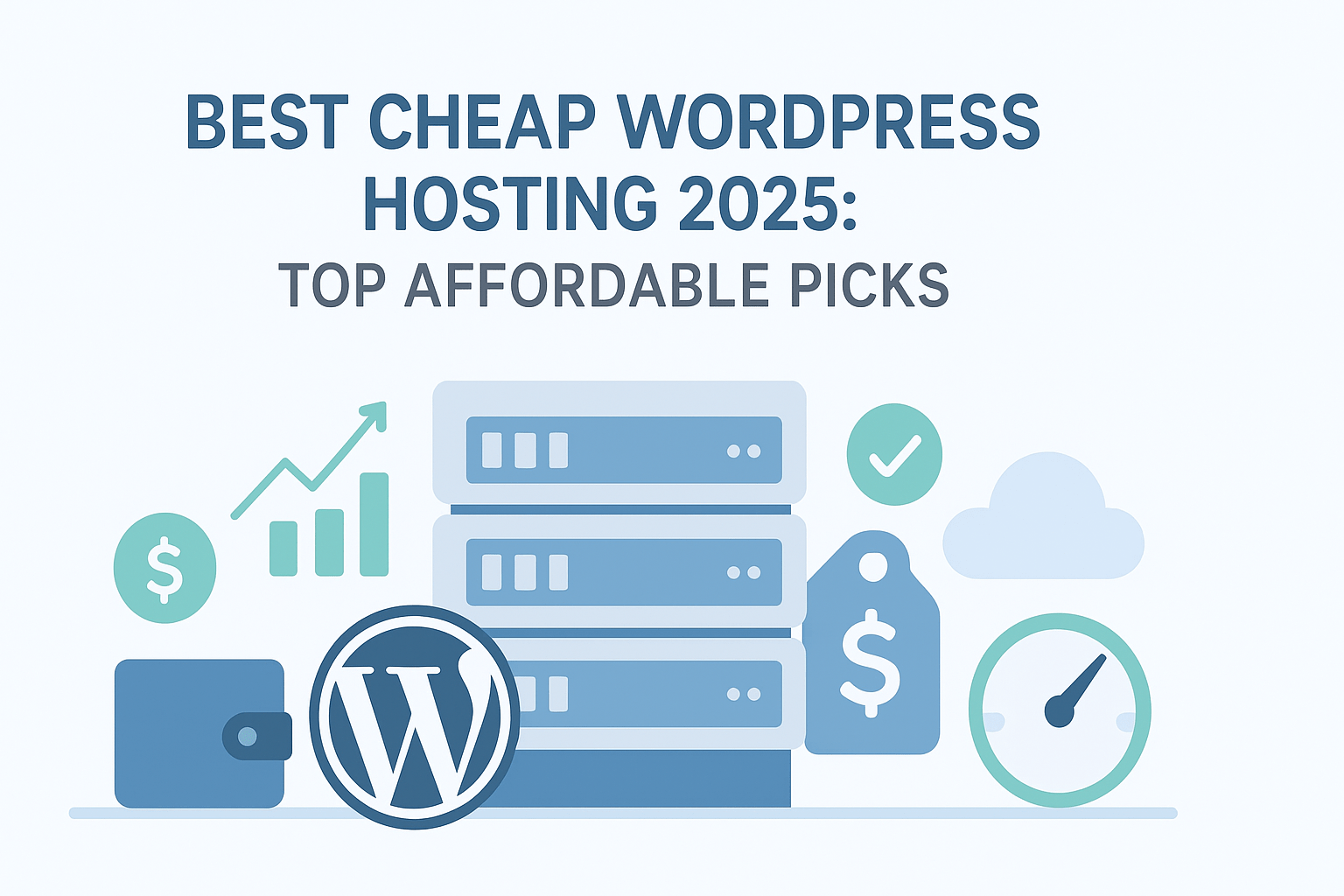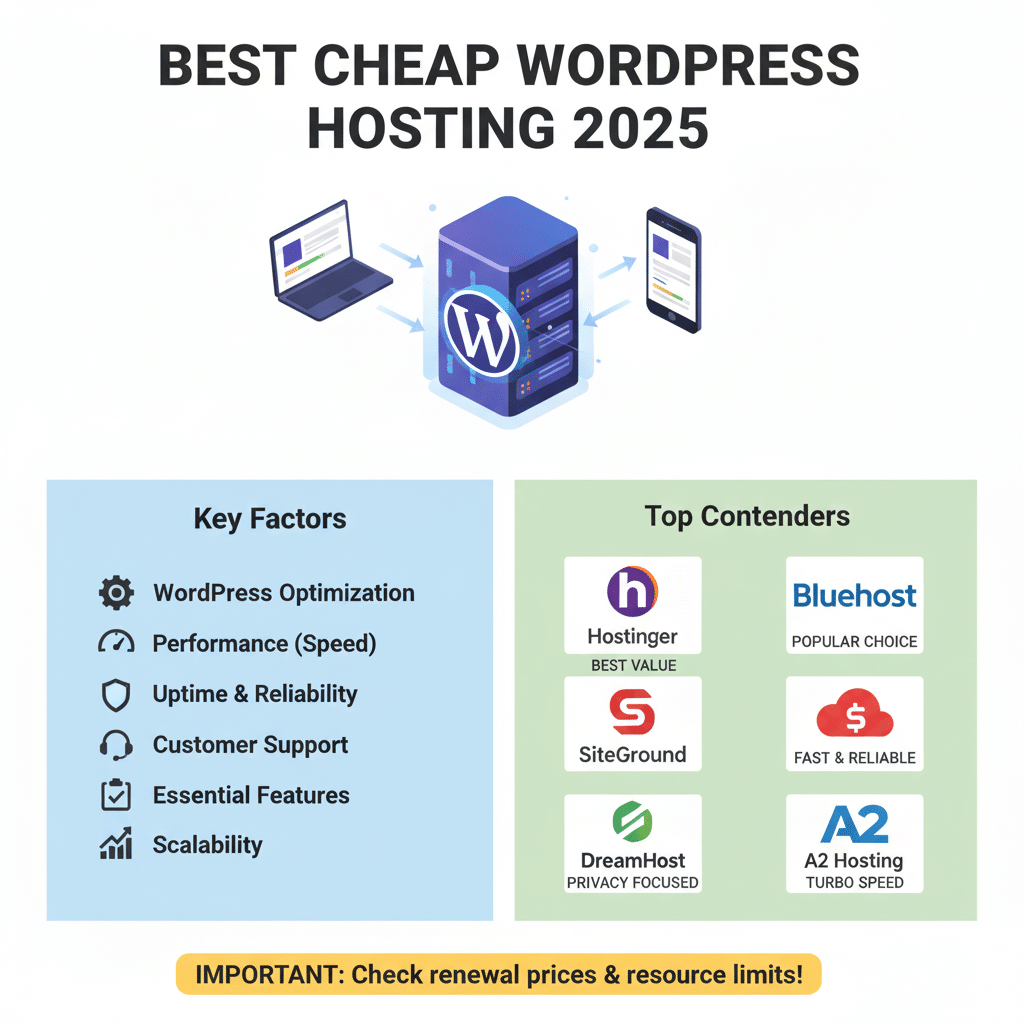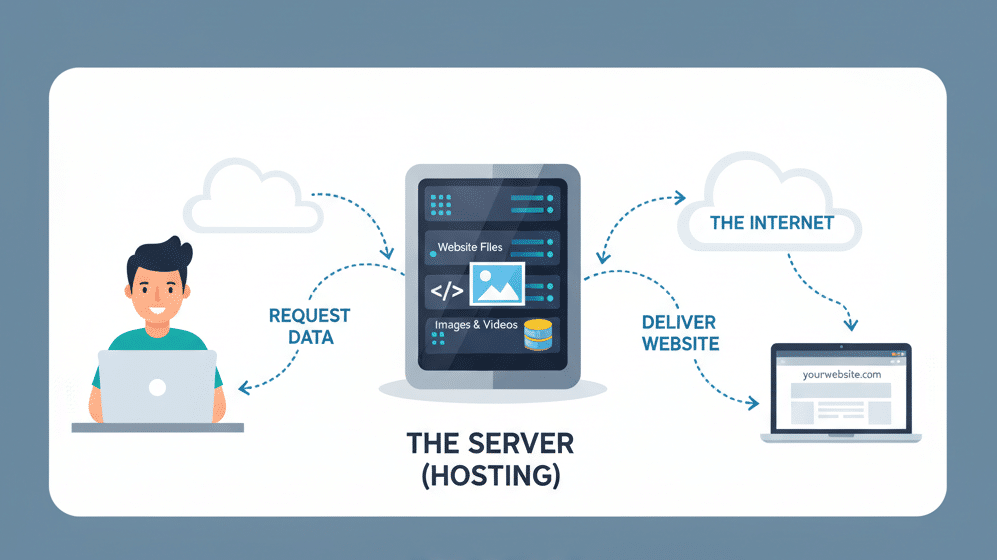Web Hosting Explained: From Shared to Cloud Hosting in Simple Terms
Imagine building a magnificent storefront but having nowhere to display it. That’s essentially what a website without **web hosting** is. In today’s hyper-connected world, where your online presence is crucial for your business’s success, understanding the bedrock of that presence – your web hosting – is paramount. But with so many options, from shared servers to the sprawling architecture of cloud hosting, it’s easy to feel lost. How do these choices impact your website’s speed, security, and ultimately, your **digital marketing** efforts?
This comprehensive guide will demystify web hosting, breaking down each type into simple terms. We’ll explore the pros and cons, helping you make an informed decision that aligns with your business goals, performance needs, and crucial **search engine optimization (SEO) strategies**.
Understanding Web Hosting: The Foundation of Your Online Presence
At its core, **web hosting** is a service that allows organizations and individuals to post a website or web page onto the Internet. A web host, or hosting service provider, provides the technologies and services needed for your website or webpage to be viewed. Websites are hosted on special computers called servers. When Internet users want to view your website, all they need to do is type your website address or domain into their browser. Their computer will then connect to your server, and your webpages will be delivered to them.
The type of hosting you choose directly influences your website’s performance, uptime, and ability to handle traffic – all critical factors for user experience and, consequently, your **SEO optimization**. Slow loading times or frequent downtime can severely hamper your rankings, regardless of how robust your **keyword research** or **content optimization** efforts are. Industry studies consistently show that users expect fast-loading sites, with many abandoning a page that takes more than a few seconds to load. This makes the choice of hosting an integral part of your overall **SEO best practices**.
Exploring Different Web Hosting Types
Let’s dive into the various hosting options available, understanding their nuances and ideal use cases.
1. Shared Hosting: The Budget-Friendly Start
What it is: Imagine an apartment building where multiple tenants share common resources like electricity, water, and security. In shared hosting, your website shares a single server with many other websites. All resources – CPU, RAM, disk space, and bandwidth – are divided among them.
- Pros:
- Cost-Effective: It’s the cheapest hosting option, perfect for beginners and small projects.
- Easy to Manage: Providers typically offer user-friendly control panels (like cPanel) and handle server maintenance.
- Cons:
- Limited Resources: Performance can suffer if another website on the server experiences a traffic spike (the “bad neighbor” effect).
- Less Control: You have minimal control over server configurations.
- Potential Security Concerns: While providers implement measures, a vulnerability on one site could potentially affect others.
- Ideal For: Personal blogs, small business brochure websites, portfolios, and websites with low traffic volumes.
2. Virtual Private Server (VPS) Hosting: The Step Up
What it is: Continuing our analogy, VPS hosting is like living in a condominium. While you’re still in a building with other units (websites), you have your own dedicated space and allocated resources. A physical server is partitioned into several virtual servers, each operating independently with its own OS, RAM, and CPU.
- Pros:
- Better Performance: Dedicated resources mean consistent speed and reliability, unaffected by other websites.
- More Control: You get root access, allowing for custom software installations and server configurations.
- Scalability: Easier to upgrade resources as your website grows without changing the entire hosting environment.
- Cons:
- More Expensive: Pricier than shared hosting.
- Technical Knowledge Required: Requires some technical expertise for server management, though managed VPS options are available.
- Ideal For: Growing small to medium-sized businesses, e-commerce stores, high-traffic blogs, and web applications that need more power and flexibility than shared hosting.
3. Dedicated Hosting: The Ultimate Control
What it is: This is akin to owning your own detached house. With dedicated hosting, you lease an entire physical server, entirely for your website’s use. All server resources are yours and yours alone.
- Pros:
- Maximum Performance: Unrivaled speed, power, and uptime.
- Full Control: Complete administrative access to the server, allowing for extensive customization and security measures.
- Enhanced Security: Your data is isolated, reducing risks associated with shared environments.
- Cons:
- Most Expensive: Significantly higher cost due to dedicated hardware.
- High Technical Demands: Requires advanced server management skills, typically for large organizations with dedicated IT staff.
- Ideal For: Large enterprises, high-traffic e-commerce platforms, complex web applications, and websites handling sensitive data or requiring specific compliance standards.
4. Cloud Hosting: The Flexible Future
What it is: Cloud hosting is a network of interconnected servers working together. Instead of relying on a single physical server, your website’s data is spread across multiple servers. If one server fails or experiences heavy load, another seamlessly takes over, ensuring continuous uptime and scalability. Think of it as a utility grid – you draw power from a vast network as needed.
- Pros
-
- Extreme Scalability: Easily scale resources up or down in real-time based on demand. Pay-as-you-go pricing means you only pay for what you use.
- High Reliability: With data distributed across multiple servers, downtime is minimal, and performance remains consistent.
- Flexibility: Supports businesses of all sizes, from startups to enterprise-level applications.
- Cons:
-
Complex Pricing: Costs can be unpredictable if traffic suddenly spikes.
-
Requires Management Skills: While many providers offer managed services, some technical knowledge is helpful to optimize performance and costs.
Ideal For: Businesses expecting rapid growth, startups needing flexibility, global e-commerce stores, SaaS platforms, and websites with fluctuating or seasonal traffic.
Quick Comparison: Choosing the Right Hosting
Hosting Type Cost Performance Scalability Best For Shared Hosting 💲 Cheapest ⭐ Basic ⚖️ Limited Beginners, blogs, small sites VPS Hosting 💲💲 Moderate ⭐⭐ Good ⚖️ Flexible SMBs, e-commerce, growing sites Dedicated Hosting 💲💲💲 Highest ⭐⭐⭐ Excellent ⚖️ Limited (manual upgrades) Large enterprises, high-security needs Cloud Hosting 💲 Variable (Pay-as-you-go) ⭐⭐–⭐⭐⭐ Very High ⚖️ Highly Scalable Fast-growing or global businesses, SaaS, e-commerce
Final Thoughts: Hosting as a Digital Marketing Foundation
Your choice of hosting isn’t just a technical decision – it’s a business decision that directly impacts your website’s speed, security, user experience, and SEO rankings. A fast, reliable website helps reduce bounce rates, keeps users engaged, and signals trust to search engines – all of which boost your digital marketing efforts.
-
If you’re just starting out → Shared hosting gives you affordability and simplicity.
-
If your site is growing → VPS hosting balances performance and cost.
-
If you’re running a large-scale platform → Dedicated hosting ensures full control and maximum resources.
-
If you want flexibility and future-proofing → Cloud hosting provides unmatched scalability and uptime.
Ultimately, the best hosting depends on your business size, budget, technical expertise, and growth goals. Choose wisely, and you’ll build a strong foundation for your online presence and digital marketing success.
-

